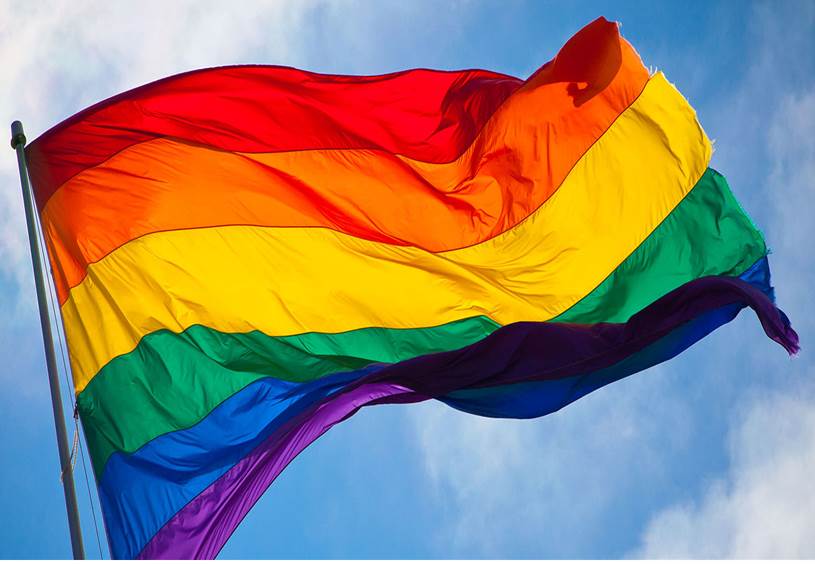AARP Eye Center

At 63, Gabrielle Claiborne says she’s living her best life. Her business is thriving, she’s a published author and she has friends who accept her for who she is. But as a transgender woman, Claiborne worries about growing old and needing help from caregivers or health care providers she doesn’t know.
“I’m concerned about the treatment I’m going to get if I’m relying on someone and they, for whatever reason, don’t support who I am,” says Claiborne, an AARP member and CEO of Transformation Journeys Worldwide, which helps organizations be more inclusive with trans and gender expansive people; she’s also led workshops for AARP. “This is not just a fear of mine. This is a fear of the [aging] LGBTQ+ community.”
Lesbian, gay, bisexual, transgender and queer people who have fought for their rights continue to face obstacles as they age: social isolation, discrimination and limited access to health care.
“There are a lot of aging concerns that happen within the LGBTQ+ community that people don’t think of,” says Hillary Williams Thomas, associate state director for advocacy at AARP Georgia, which works to help older LGBTQ+ residents.
AARP Georgia’s efforts include workshops aimed to help people age and thrive with HIV, and a program on how to avoid romance and impostor scams.
In the past, AARP has hosted job fairs to help employers make their offices more inclusive. And it has trained staff of health care facilities and developed resources on ways to ensure inclusivity for LGBTQ+ patients and residents.
“Think about a time in your life when you’re becoming very vulnerable — and not only do you need someone to help you, you potentially have people who are not supportive of you,” Williams Thomas says.
Cooling down during Pride
AARP Georgia also is a partner in the LGBTQ+ community. Each October, it pairs with Atlanta Pride to rent space in Piedmont Park to give older people a place to cool down during the festival.
Williams Thomas also sits on the Mayor’s LGBTQ Advisory Board in Atlanta. Earlier this year, she organized a roundtable of older LGBTQ+ people to share with Mayor Andre Dickens concerns about inadequate transportation and housing, as well as the difficulty of finding caregivers willing to come to their homes.
Older LGBTQ+ are less likely to have the traditional sources of support that heterosexual people have because they are more likely to be single and live alone and less likely to have children, according to SAGE, an advocacy and social service organization.
AARP’s Dignity 2022 survey of LGBTQ+ people 45 and older nationwide found 82 percent “somewhat,” “very” or “extremely” concerned about not having enough social support as they age.
“How many times have we heard stories about children taking care of their aging parents?” Claiborne asks. “Many LGBTQ+ people don’t have that luxury. We’ve got to start having conversations around how LGBTQ+ folks are going to be supported as they age.”
Ann Hardie spent a decade covering aging issues for The Atlanta Journal-Constitution.
For more on the LGBTQ+ community and aging































































